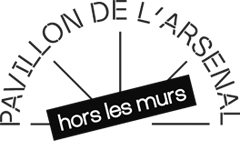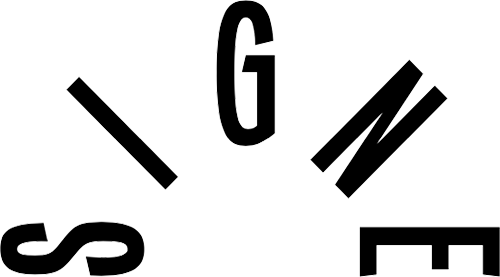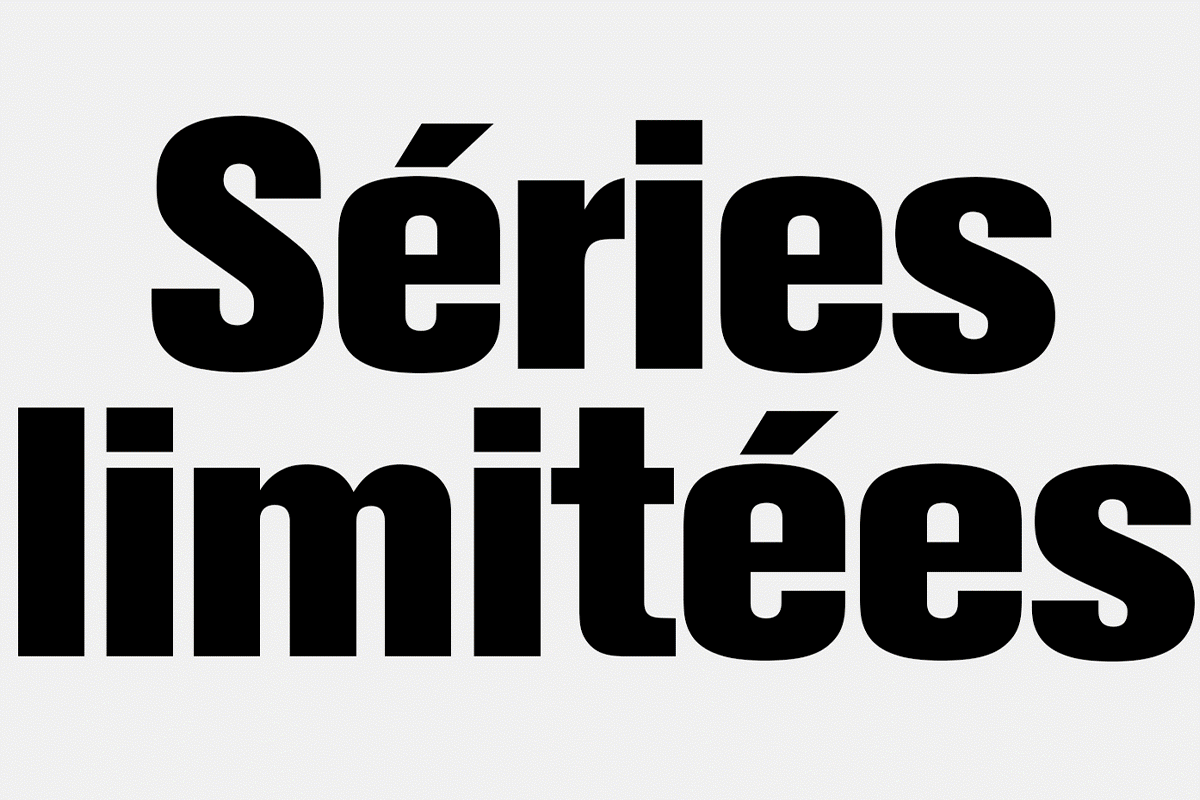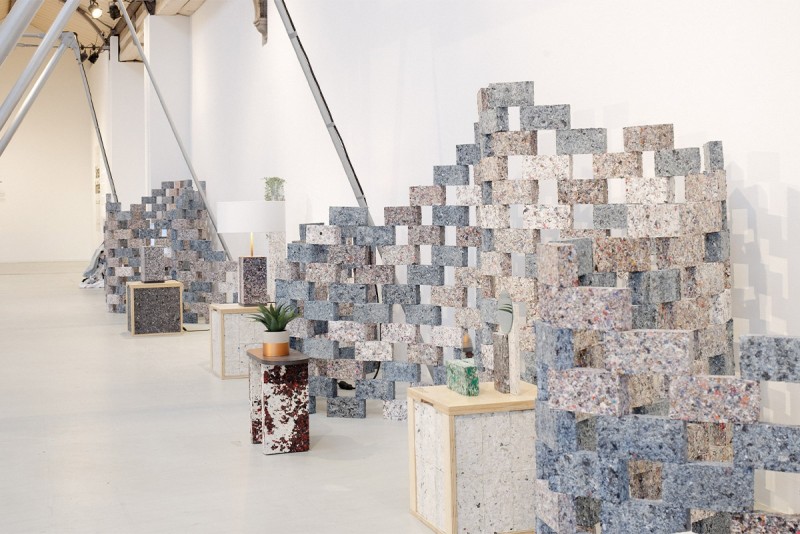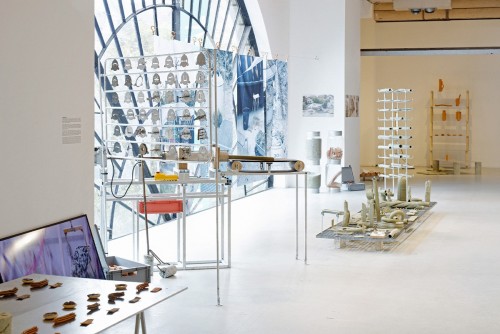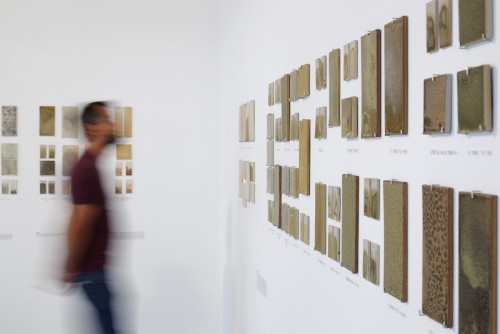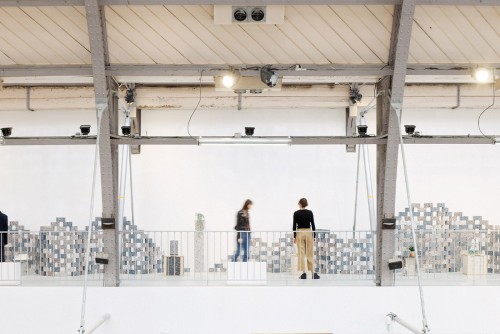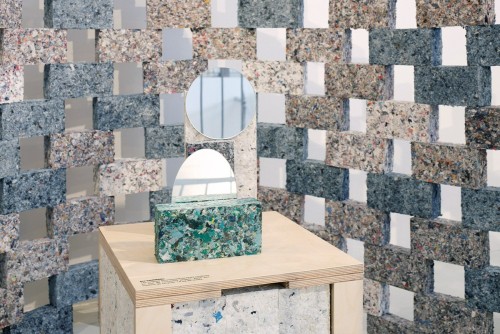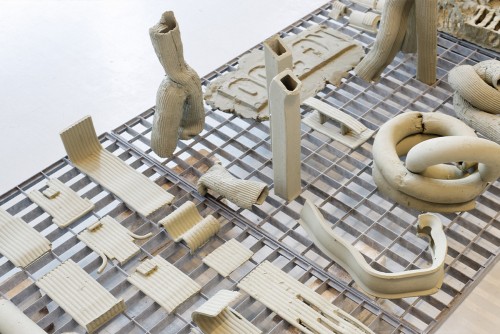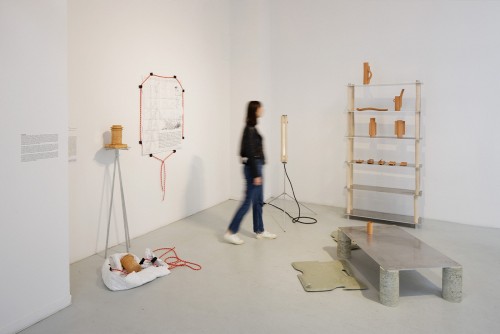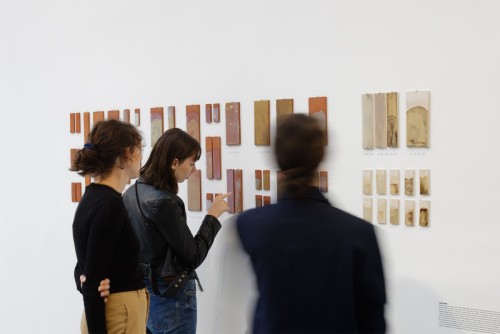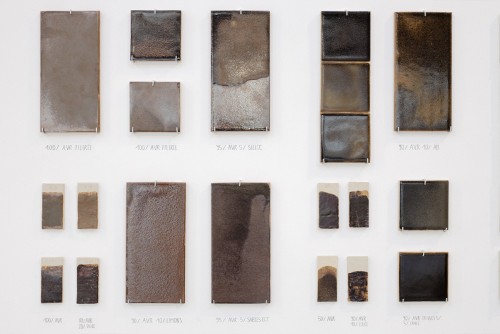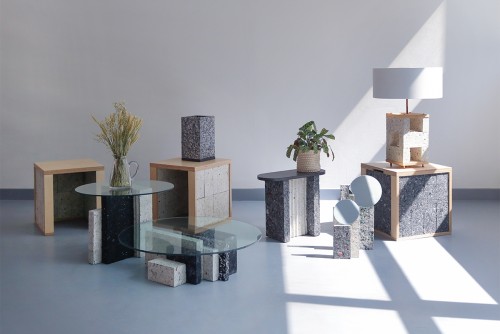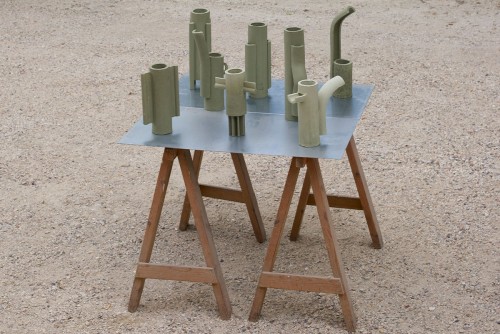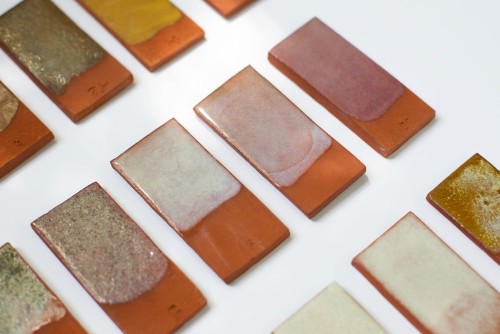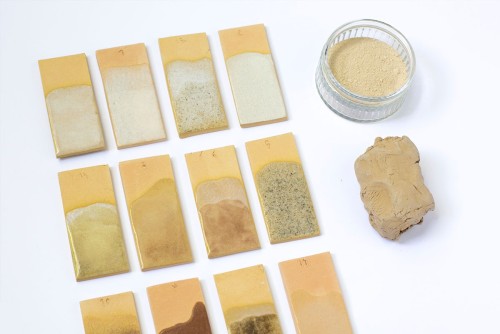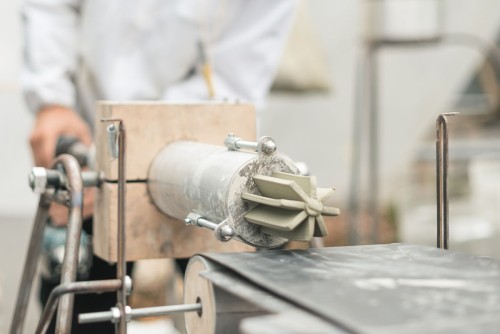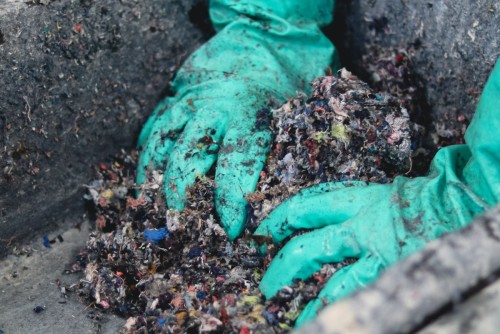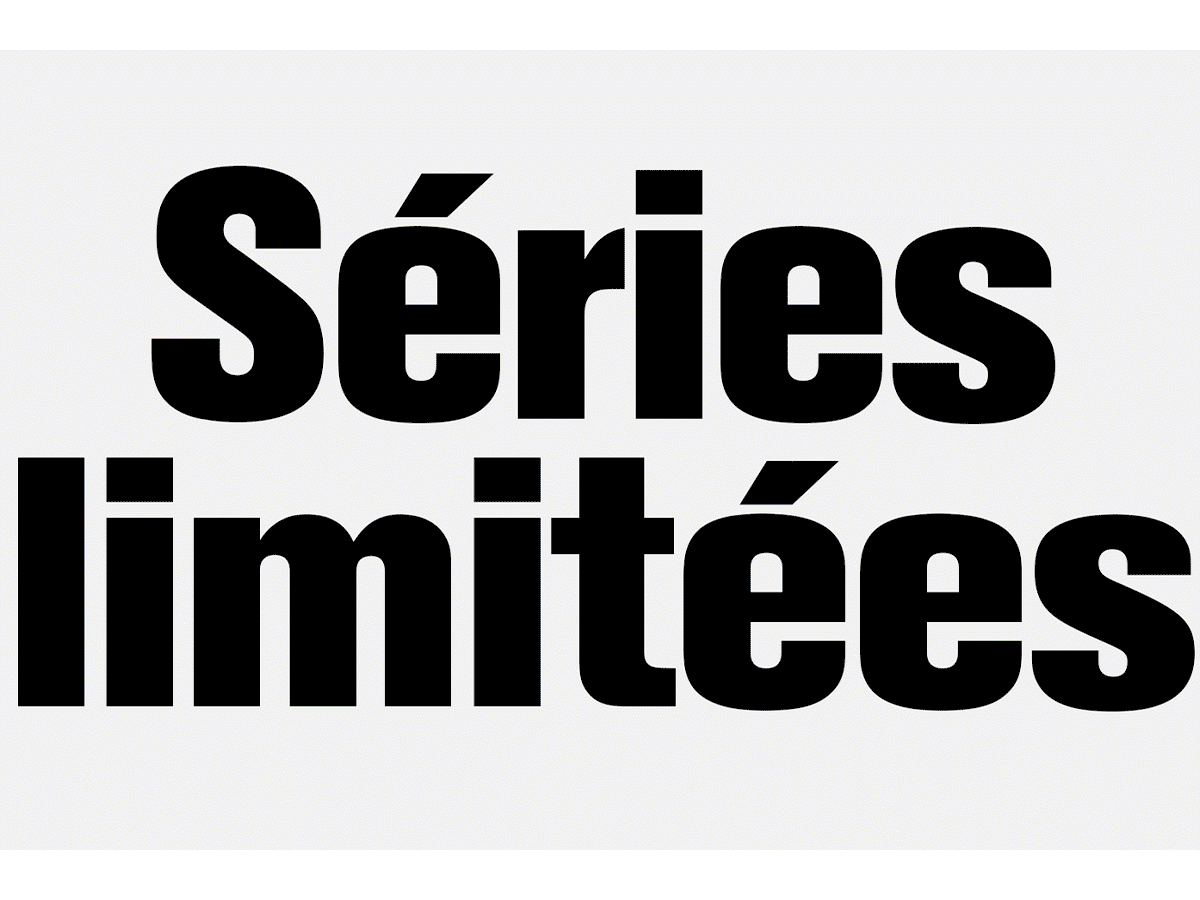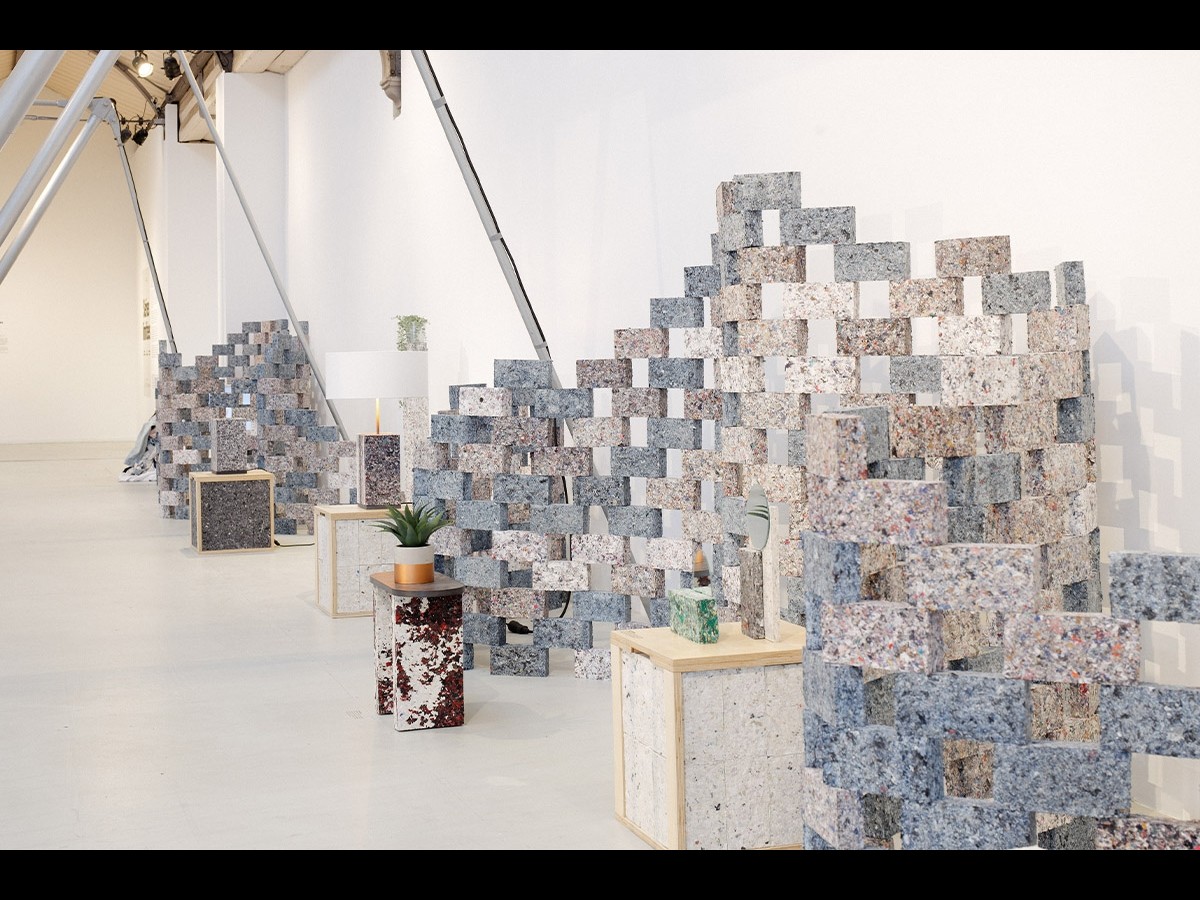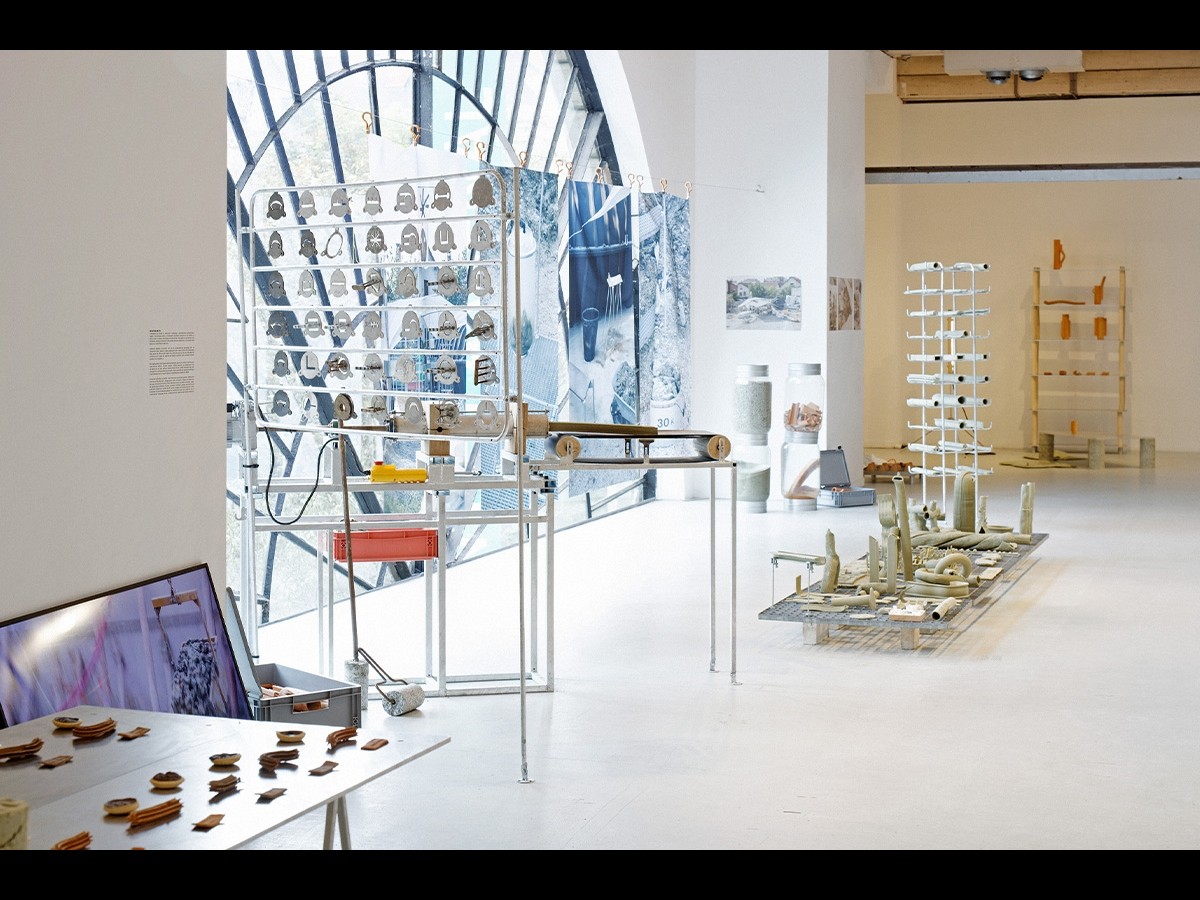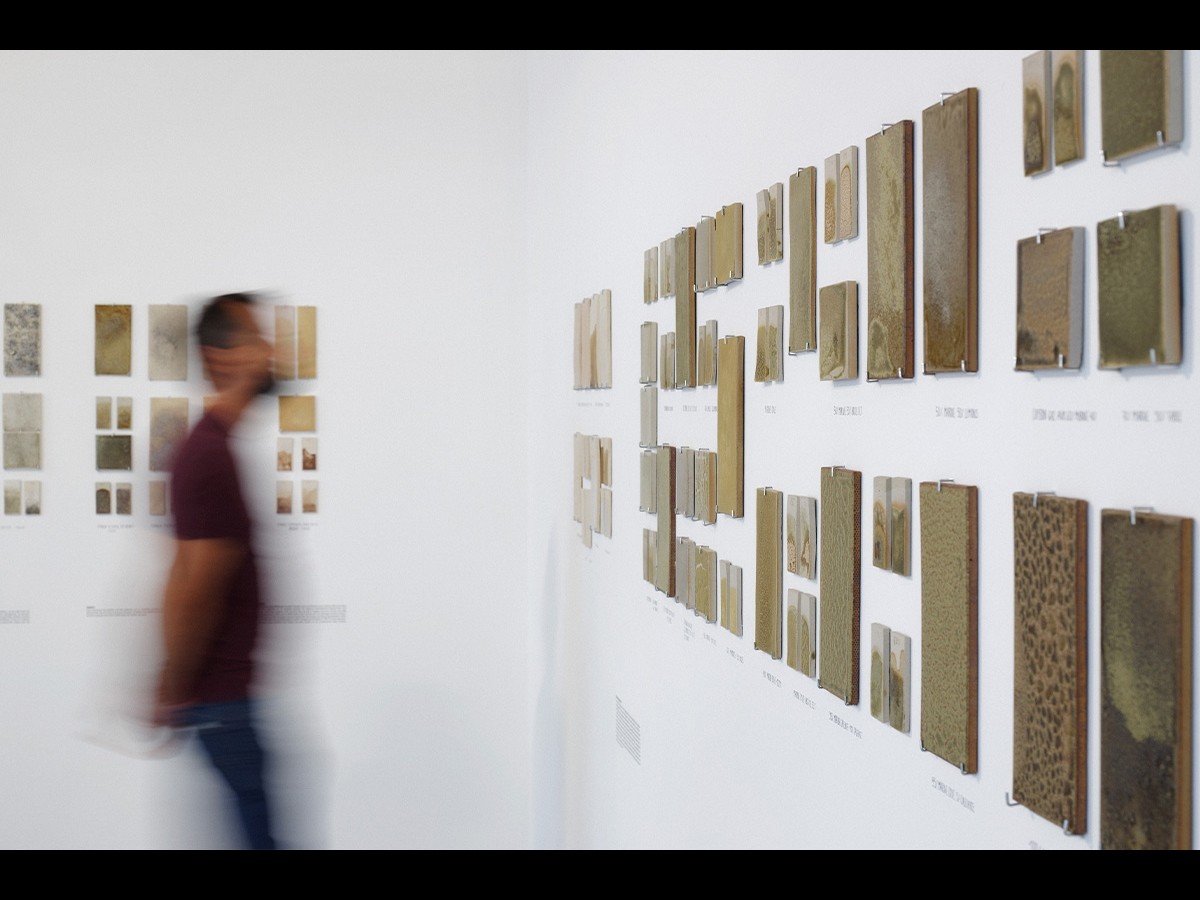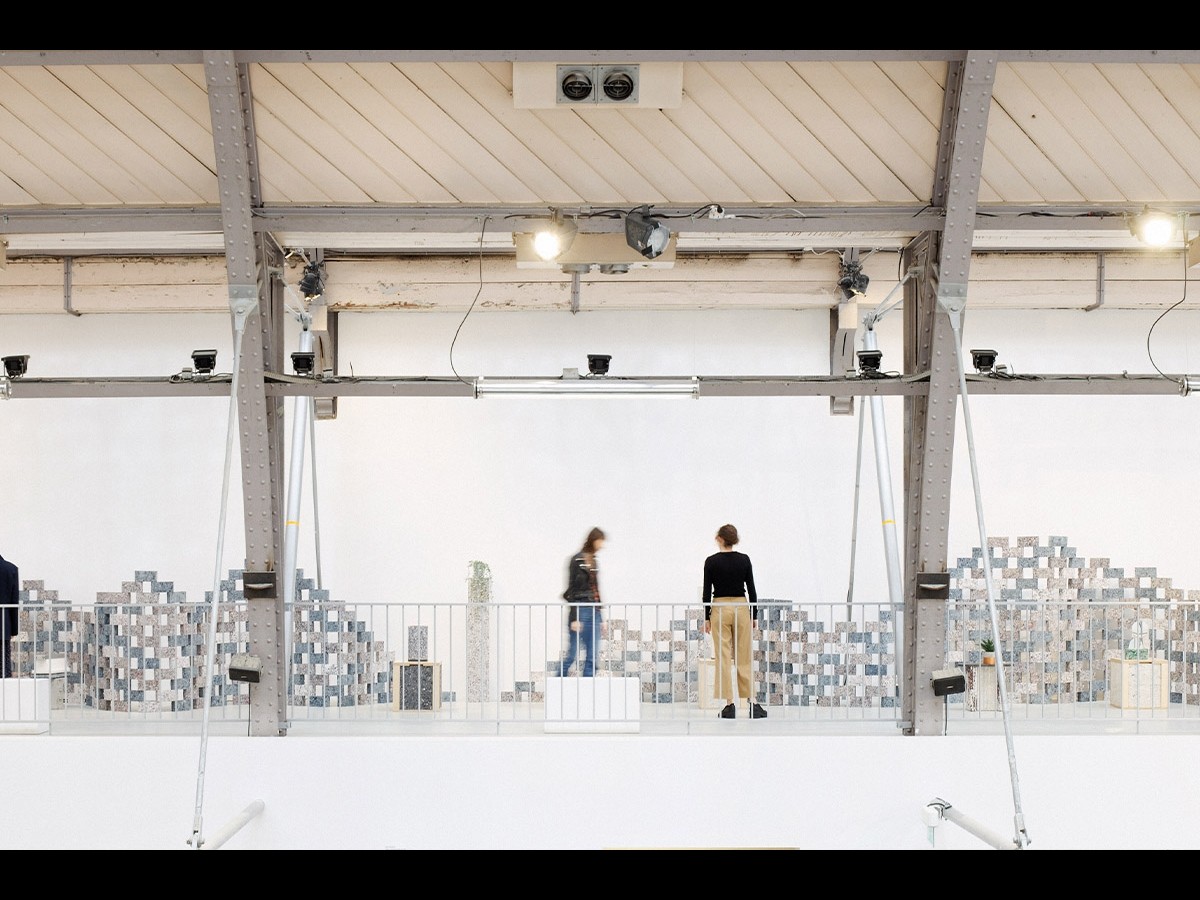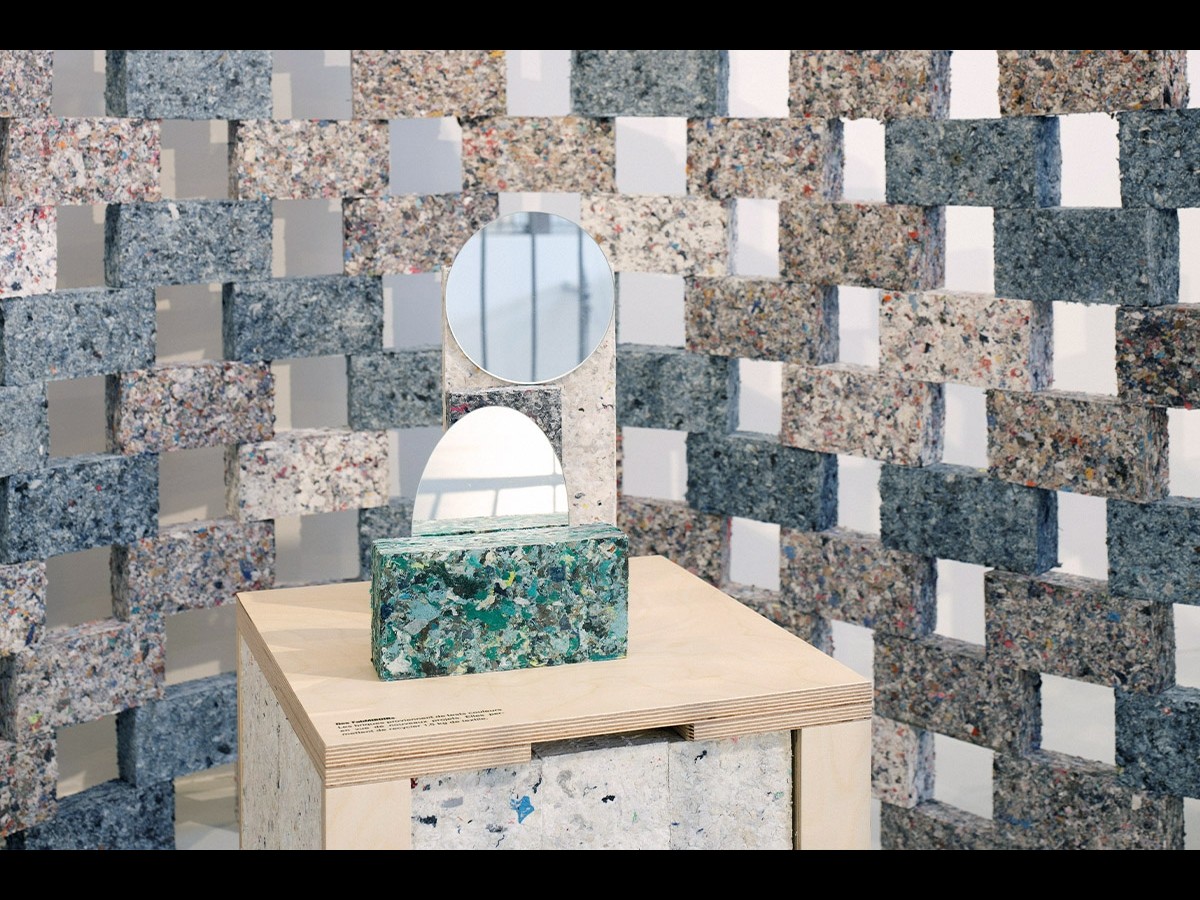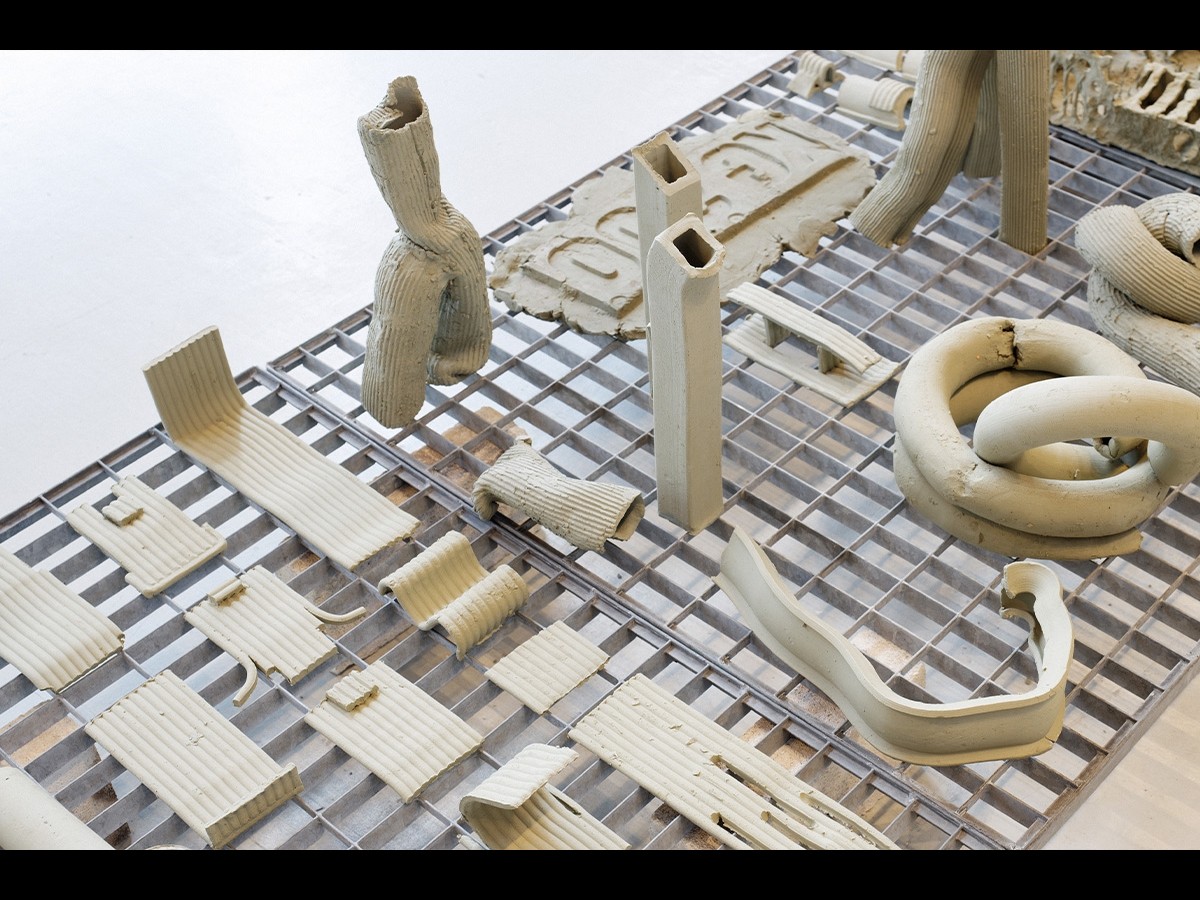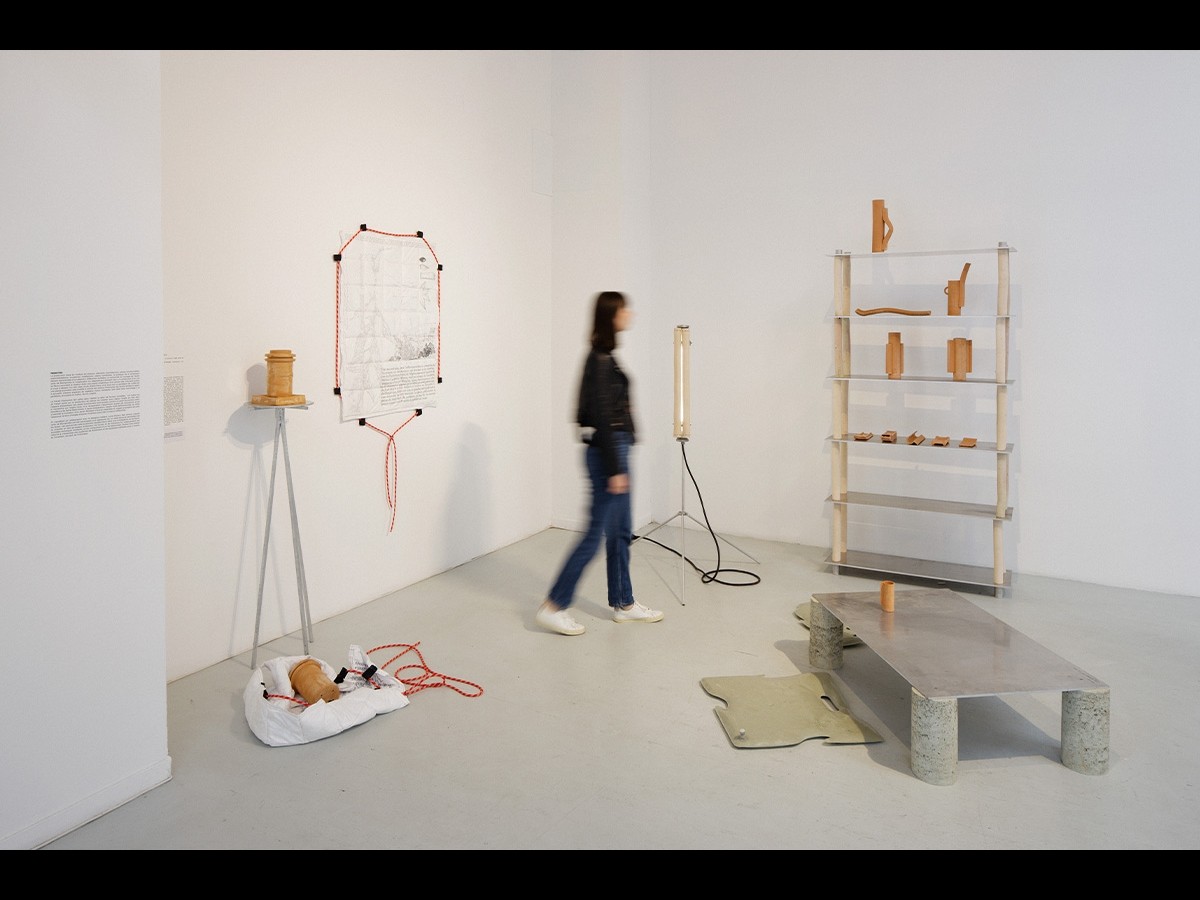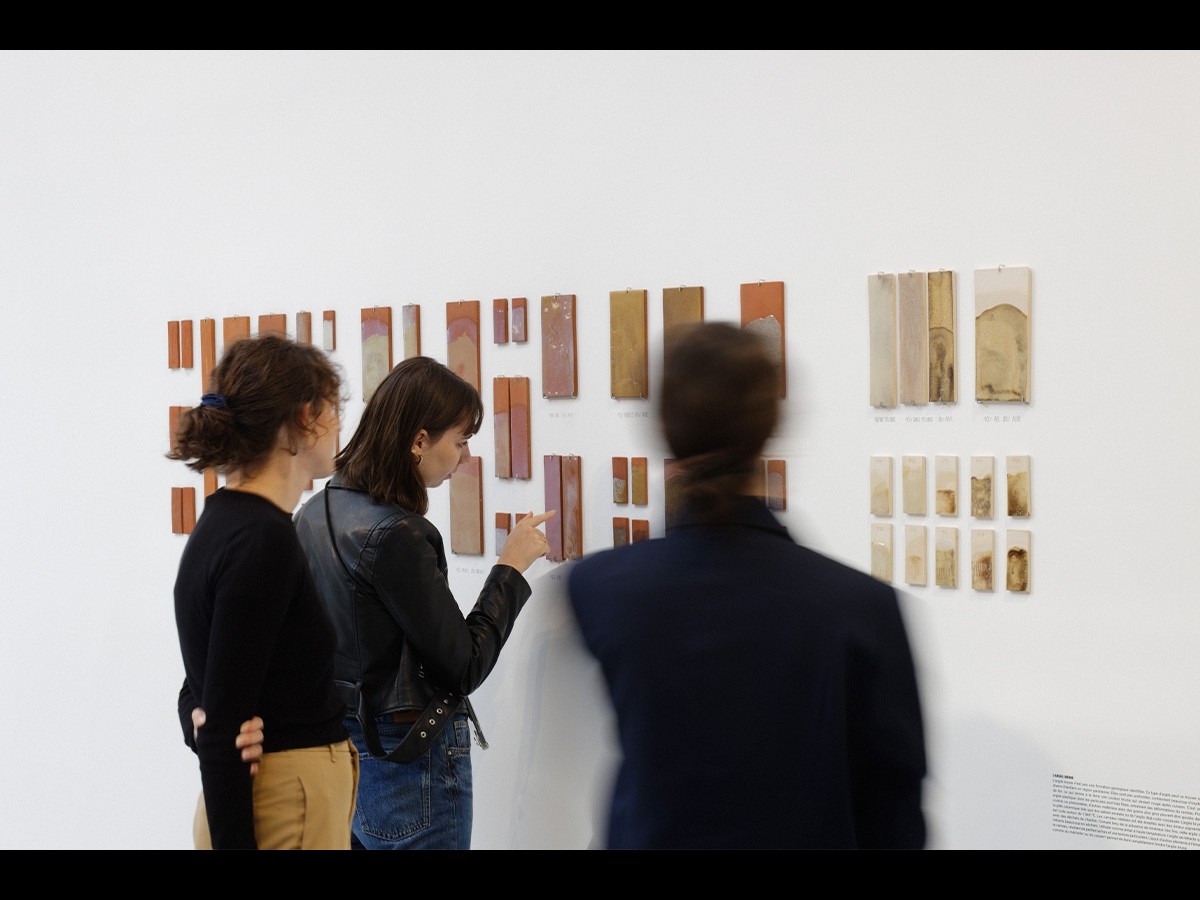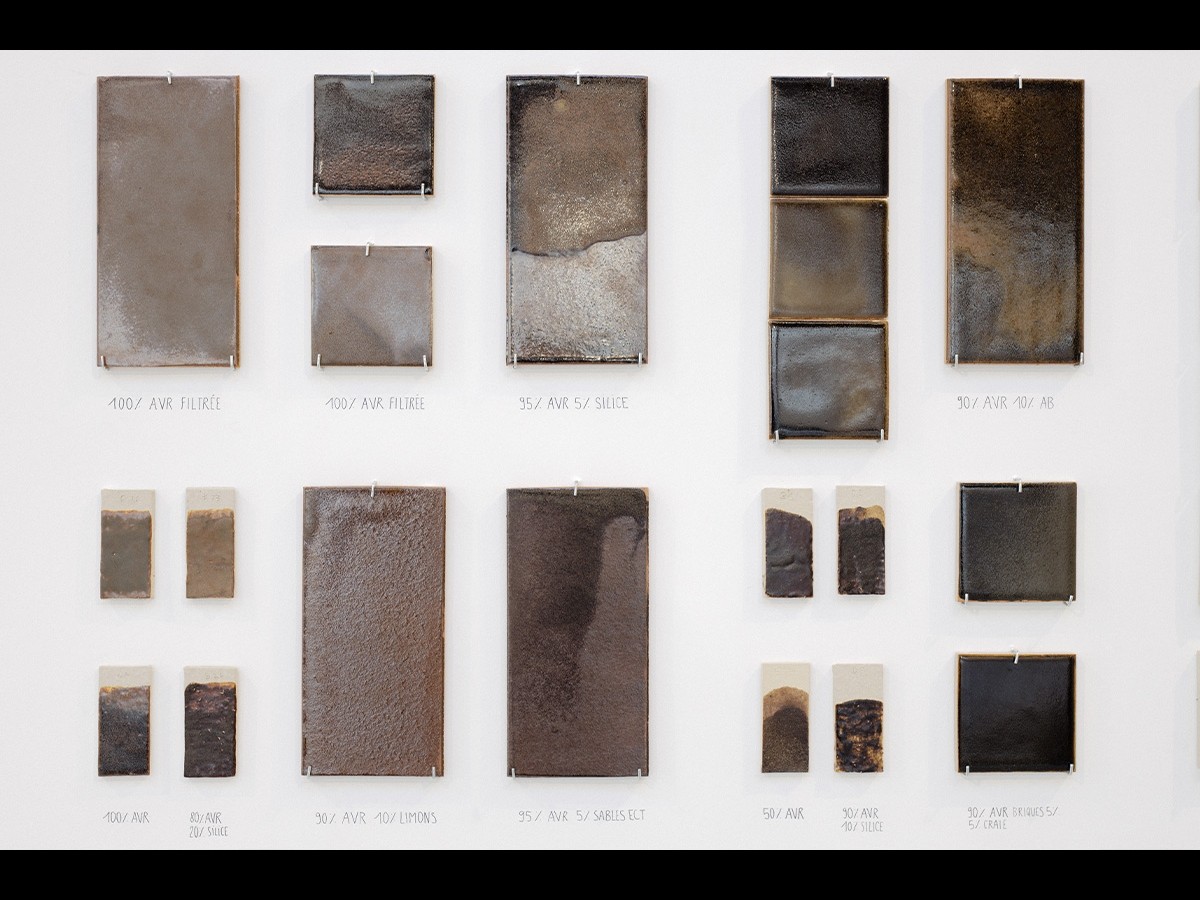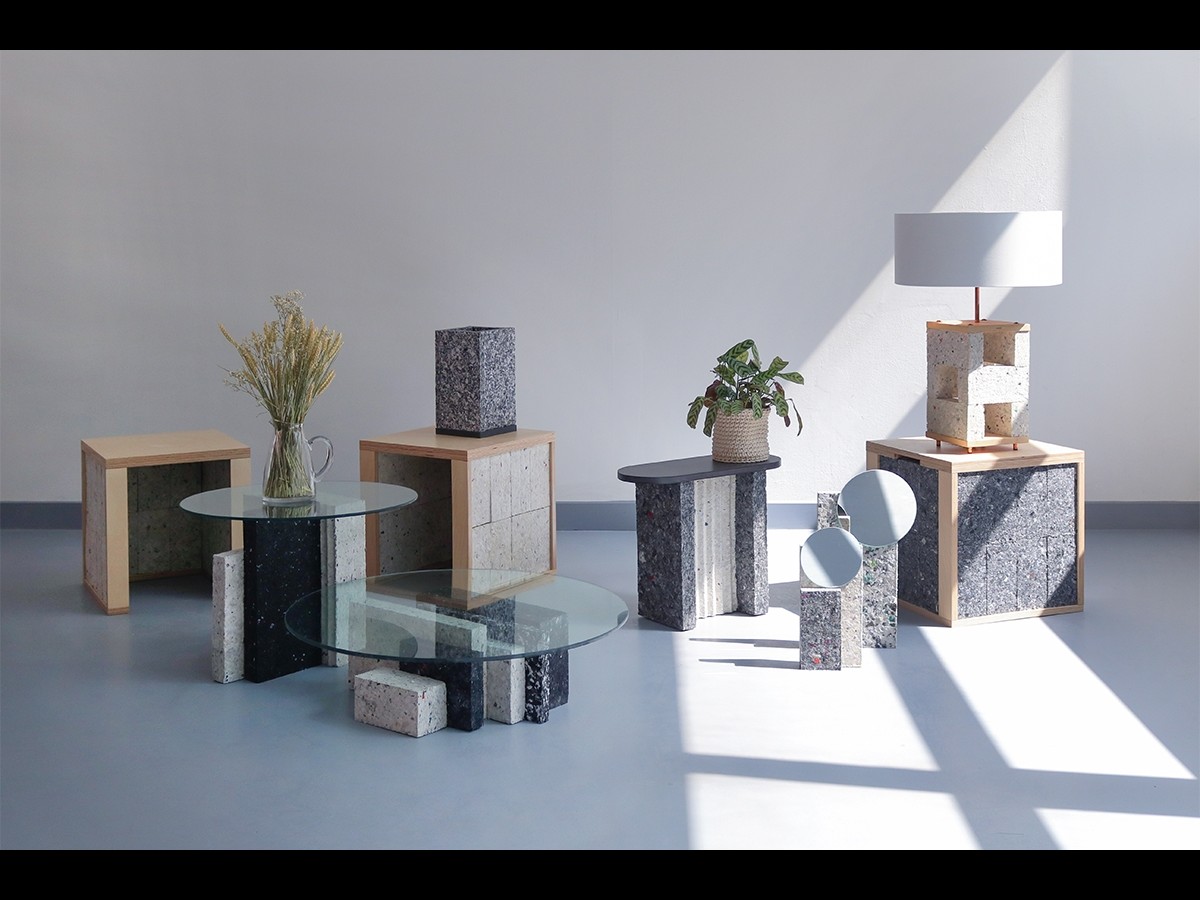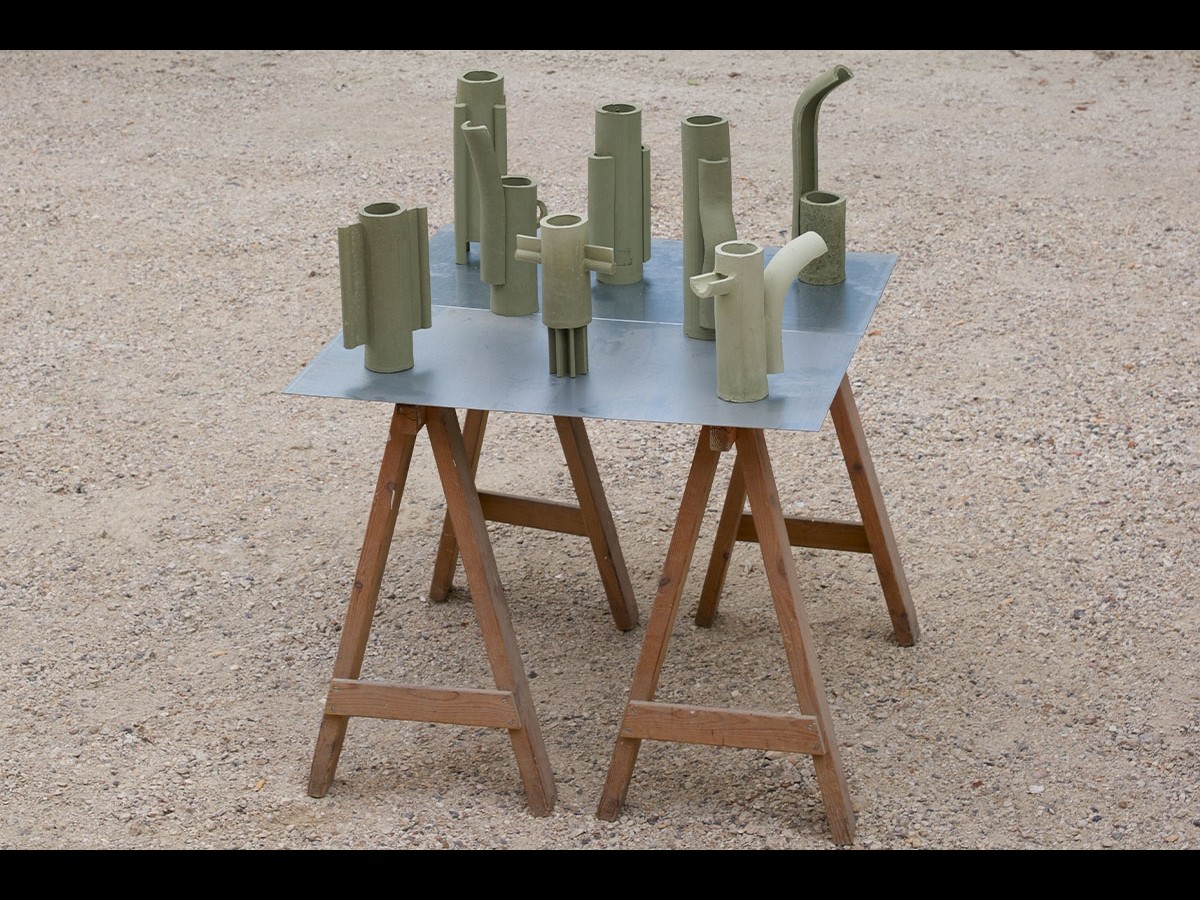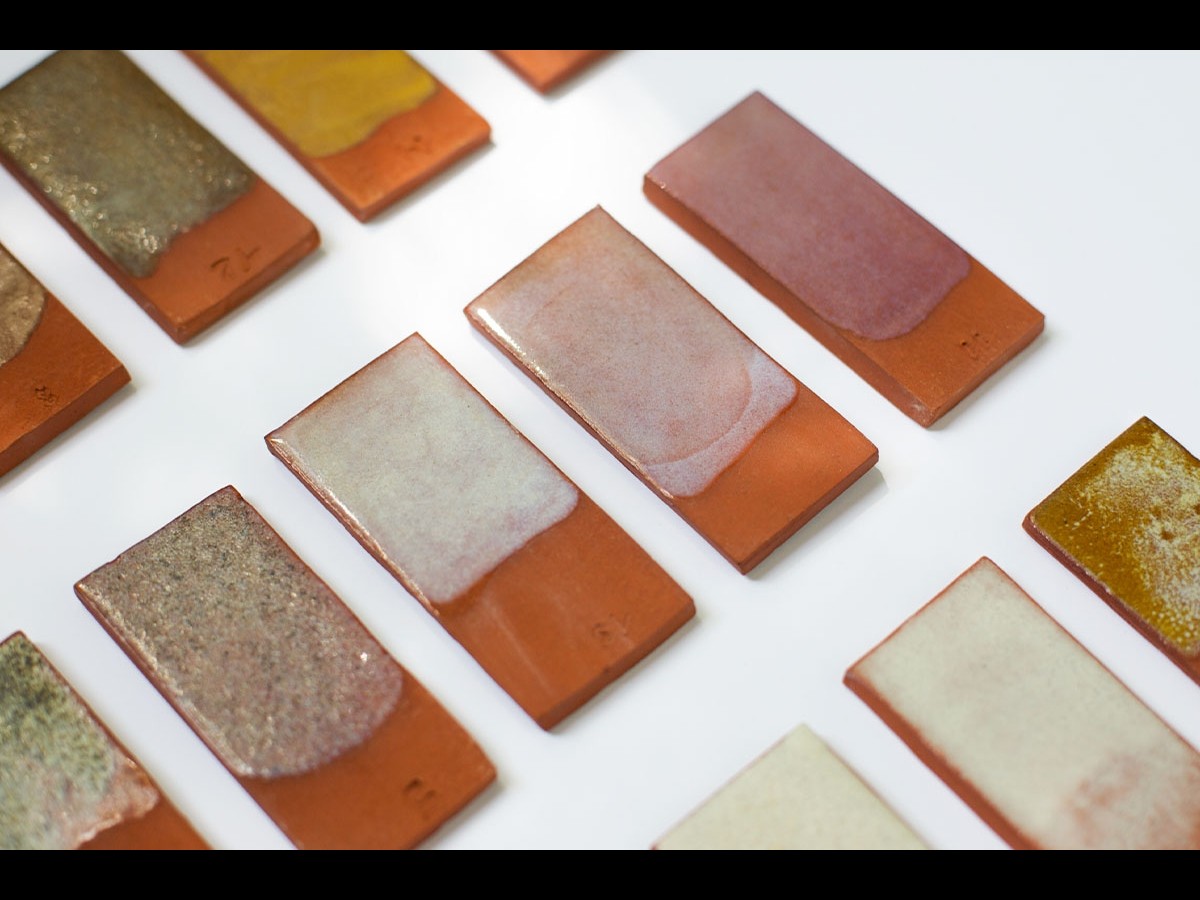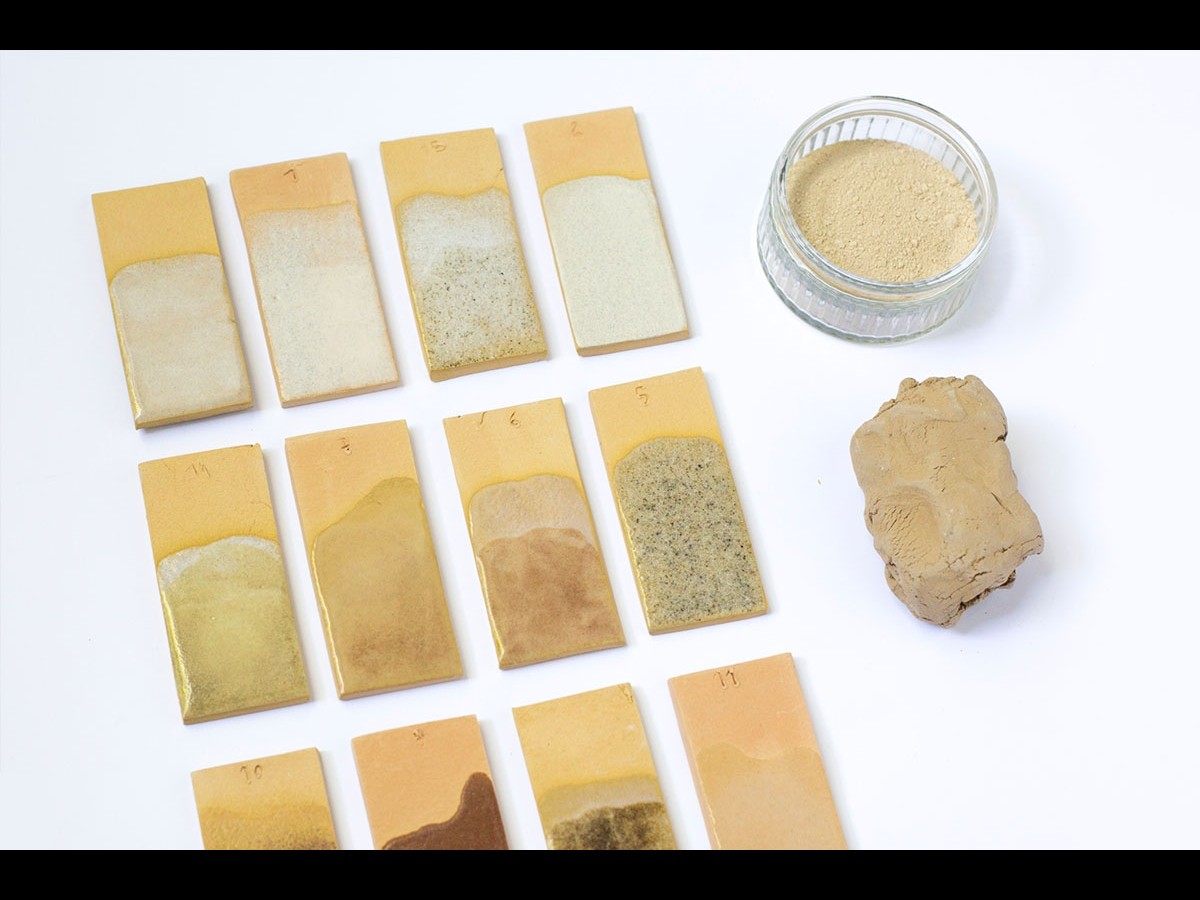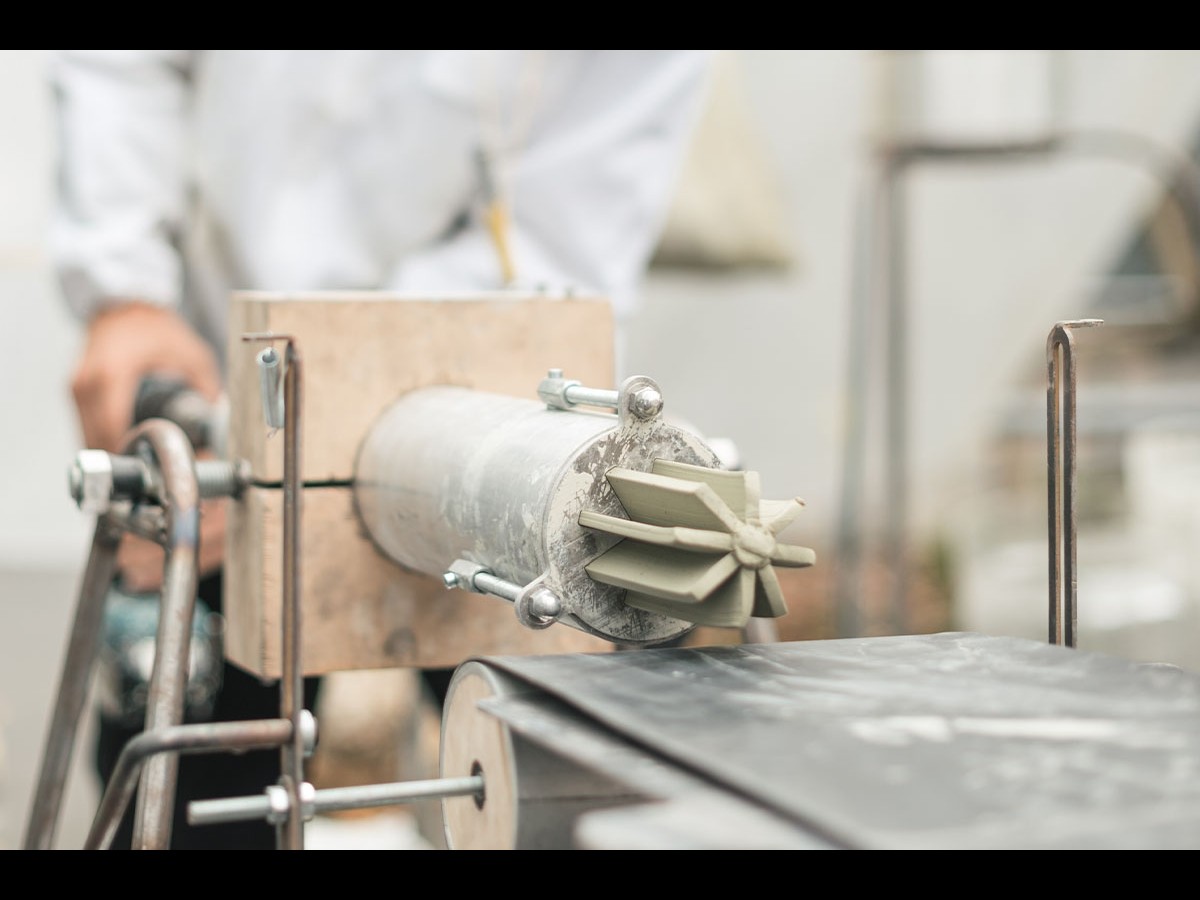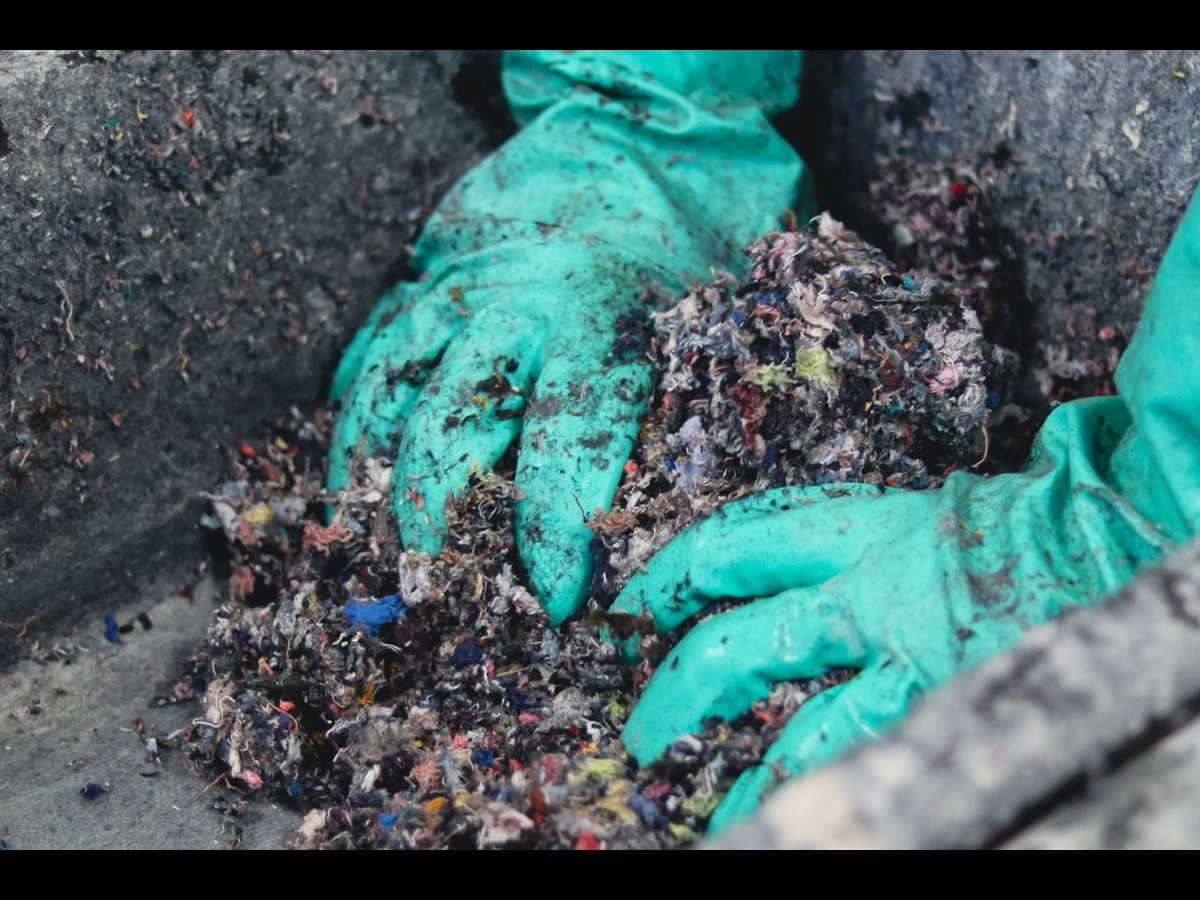Though design is, by nature, approached through form, contemporary objects are primarily about flows. They tie up, for a time, a certain amount of materials and energy that contribute to their making. Their manufacture involves multiple inputs of production, including materials extracted from mines and deposits, and draws on technical capabilities to duplicate manufactured parts. On a medium and, particularly, a large scale, there are a number of current challenges surrounding production that are highly relevant, including resource depletion, energy use, transport distance, and end-of-life management. Can we still provide the same level of value and pleasure while reducing the impact of production flows?
Based in La Courneuve, the Niveau Zéro Atelier collective is directly plugged into the building sites of the Seine-Saint-Denis département, with its mobile platform for the production of ceramic objects aimed at reusing the green clay revealed during excavation. Called M.E.G.A (which stands for Module d’exploitation de gisement argilifère, literally the Module for the Utilization of Clay Deposits), this mobile workshop allows for in situ collaborative manufacturing (at all stages of production) of terracotta objects, from the transformation of the crude clay into usable raw material to the firing of the objects created.
Similar to the few other pioneers reusing the excavated soils of Greater Paris to manufacture construction materials, Lucie Ponard demonstrates the plasticity and the varying hues of the geology of the Île-de-France region. Made from excavated soil from metro lines, limestone quarries, and construction sites that was collected in landfills, the hundred-plus samples and prototypes presented testify to the aesthetic qualities and nuanced palette of the soils of the region. For the French designer, the exhibition forms part of a long-term process that could ultimately result in the batch production of tiles.
“Inanimate objects, do you then have a soul / That clings to our soul and the strength to love?”
Supported by the FAIRE accelerator,* the first project-based research accelerator in architecture, design, and landscape design, the three Limited Series that are presented (FabBRICK, M.E.G.A, and Terres Émaillées) resonates with the verses of Alphonse de Lamartine. They all form constituent parts of our presence on the territory and our relationship to the contemporary manufacturing challenges relating to the production of objects that are multiple, yet unique, and that are capable of grounding us in authenticity and locality.
* Launched by Pavillon de l’Arsenal and the City of Paris, with the support of Caisse des Dépôts, MINI, and EDF, the FAIRE platform invites multidisciplinary teams, architects, urban planners, landscape architects, and designers to propose innovative research and experimentation projects addressing major urban challenges including climate, the materials shortage crisis, new technologies, solidarity, sanitation, and mobility. Since 2017, FAIRE has supported more than 70 multidisciplinary teams and involved upwards of a hundred stakeholders alongside winning teams in order to help develop experimental approaches.

